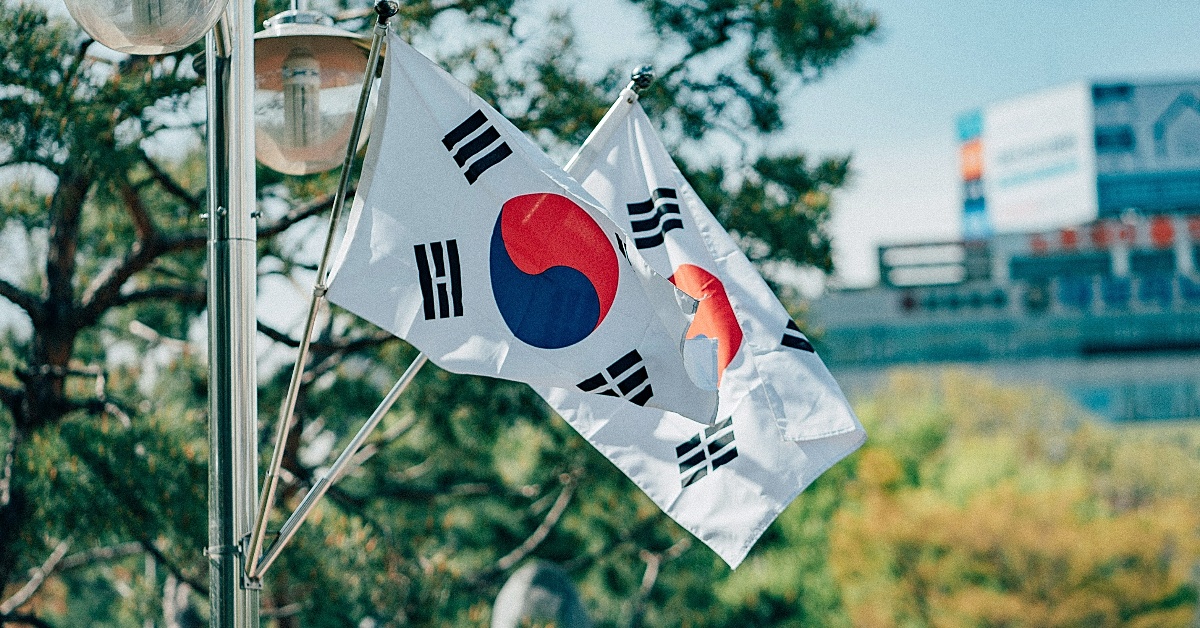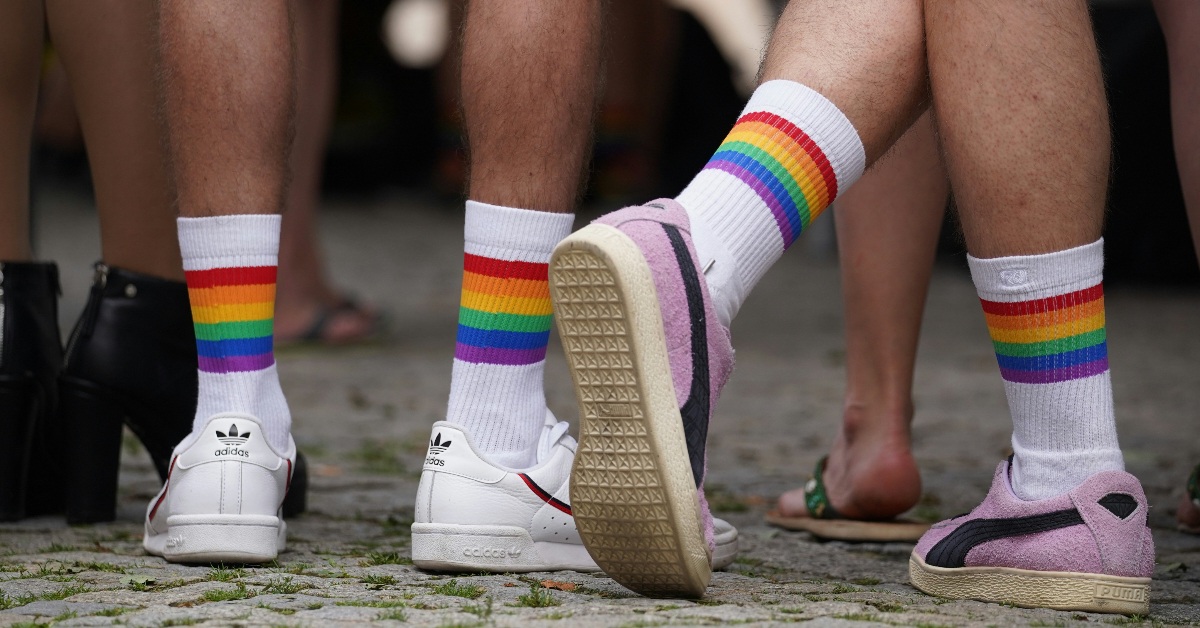BY: DM
Published 3 months ago

For the first time, South Korea’s five-year Population and Housing Census now lets same-sex partners identify each other as a “spouse” or “cohabiting partner.” It’s not marriage equality, but it is official recognition in national data.
According to Ipsos’ 2023 Pride study, about 6% of South Korean adults identify somewhere under the LGBTQIA+ umbrella—around 1% as lesbian or gay, 3% as bisexual, and smaller shares as pansexual or asexual. With a national population of roughly 51.7 million, that translates to nearly 3 million people. By allowing same-sex partners to be listed as “spouse” or “cohabiting partner,” the census could significantly improve visibility and representation.
Here’s how South Korea reached this milestone and how Asia’s LGBTQIA+ community has evolved over time.
South Korea Is Officially Recognizing Same-Sex Couples for the First Time

An official from the Ministry of Data and Statistics confirmed the policy change, calling it a step toward inclusion, according to Hankyoreh.
“We stopped blocking same-sex family members from listing each other as spouses after critics said that was discriminatory,” a ministry official said. “Amid growing diversity of family types, the number of cohabiting partners and same-sex couples is increasing. We’re reflecting those demographic cohorts in the census because accurate data is needed to craft policy.”
Rainbow Action Korea, a group that has long advocated for this update, praised the long-awaited reform. “In the past, family members of the same sex would get an error message if they tried to identify as spouses on the census. But this time around, it’s possible for them to define their family relationship as ‘spouse’ or ‘cohabiting partner,’” the group said in a statement to Hankyoreh.
Why Now, and What Led to the Policy Switch-Up?

Legal momentum has been building in South Korea for years. In July 2024, the Supreme Court ruled that same-sex partners are entitled to spousal coverage under the national health insurance program, according to Human Rights Watch. The ruling upheld a landmark appellate decision and marked the country’s first high-level legal acknowledgment of a same-sex union. The case stemmed from years of litigation by plaintiff couple So Sung-wook and Kim Yong-min, who fought for equal treatment in social benefits. Their victory not only affirmed their rights but also reignited a national conversation about LGBTQIA+ equality and legal recognition.
However, the legal map is still choppy. South Korea has yet to recognize same-sex marriage or civil unions, and the National Assembly continues to stall on passing a comprehensive anti-discrimination law despite public support. A 2022 survey by the National Human Rights Commission of Korea found that 67% of respondents favored swift passage of an Equality Act. Earlier polls showed that about nine in ten Koreans believed the country needed stronger measures against discrimination.
Across Asia, the map is changing. According to Amnesty International, Taiwan legalized same-sex marriage in 2019, becoming the first in the region. Thailand followed in 2025, making marriage equality official nationwide. Nepal has provisionally recognized some same-sex marriages through court orders, though national legislation still lags, according to ILGA Asia. Meanwhile, Japan’s high courts in Tokyo, Nagoya, and Osaka have declared the marriage ban unconstitutional, increasing pressure on lawmakers to act, Amnesty International reports.
Do you think South Korea’s government will eventually legalize same-sex marriage? Comment below!










